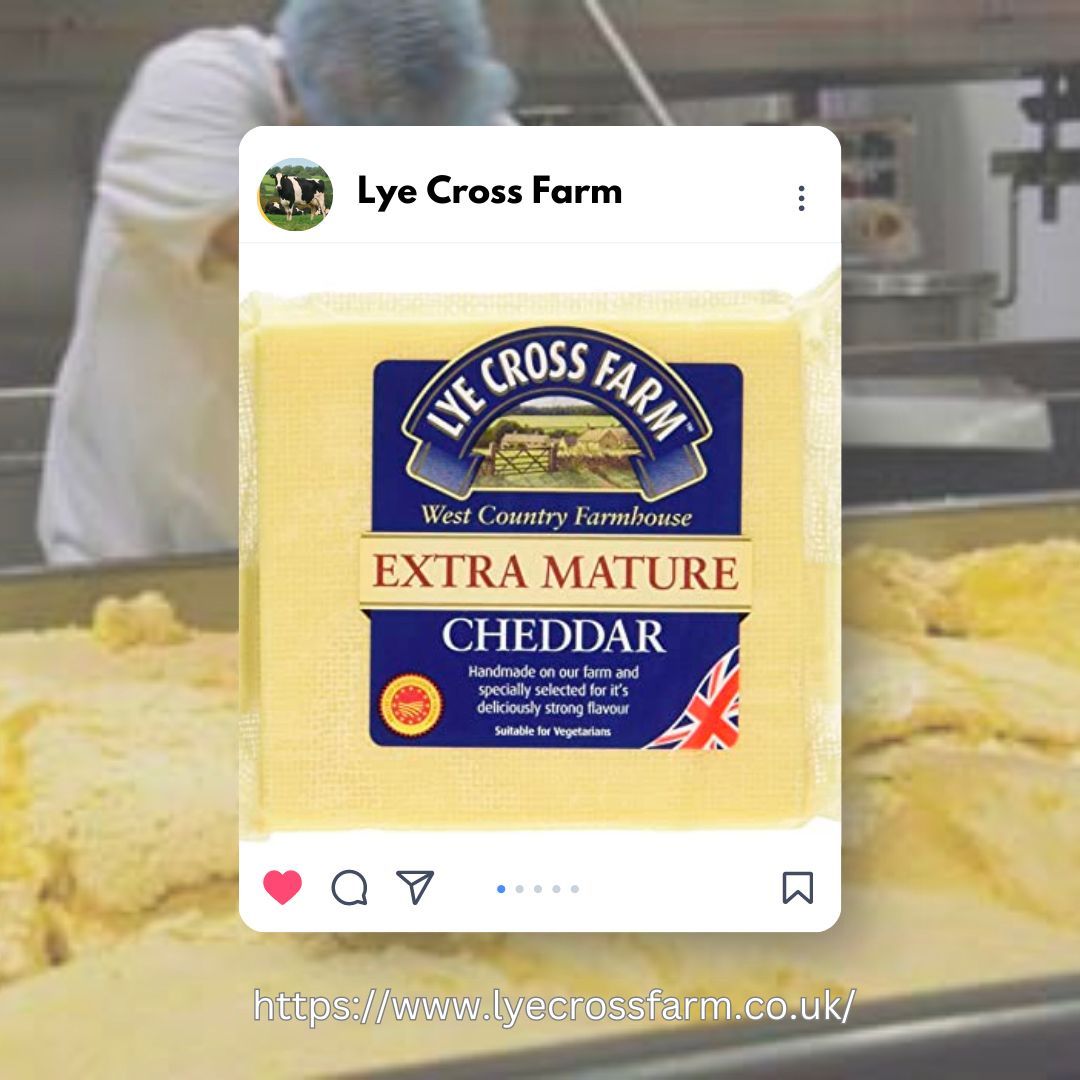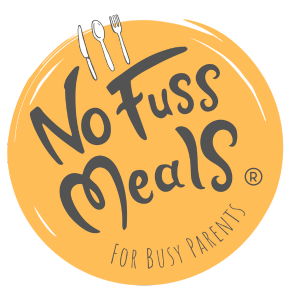Meet the Producer - John Alvis, Lye Cross Farm

Producers of West Country Farmhouse Cheddar 🧀
I was fortunate to visit Lye Cross Farm in North Somerset recently, home of the Alvis Family business who have been making farmhouse cheddar cheese since the 1950’s.
Back then the Alvis’ started off milking around 300 cows on 500 acres, whereas in 2023 they now milk over 1000 cows and manage 4,000 acres of grass and arable land, some as part of an arable contracting business. All milk produced on the farm goes into cheese production and the Alvis family also buy in extra milk from 25 local farms to keep up with production demands.
Each year around 4000 tons of organic farmhouse cheddar is made and the business now exports to over 40 countries; Canada and the USA being the main export customers, with an ever growing demand in the far east; China, Singapore, Vietnam, Saudi Arabia for example.
Locally, Lye Cross Cheese can be purchased from the farm shop on site, which is open 7 days a week Lye Cross Farm Shop with a range of cheeses, locally sourced meats, fresh fruit and vegetables and fresh deli or carvery rolls are available daily.
PDO Status
Cheddar cheese is made all over the world – but Lye Cross Farm’s is the real thing!
In order to qualify for the Protected Designation of Origin (PDO) West Country Farmhouse Cheddar must use some of the farms own milk, and all the milk must come from one of 4 counties – Somerset, Devon, Cornwall or Dorset.
In the making of the cheese you have to ‘Cheddar’ the curds by hand. The Cheddar must then mature on the farm in the care of the farmer for a minimum of 9 months. Each month the cheese recipe is constantly changing or adapting partly due to the milk fat content, protein and quality of grass the cows eat.
No expense is spared because quality counts. Every process is controlled and stringent health and safety rules are followed, to ensure a top-class product reaches the consumer.
The family are delighted to have received the Red Tractor Farm Assured Stamp of Approval. This is a recognised mark of quality that guarantees the food consumers buy is being produced to the highest standards possible.
The company employs over 130 people and has a turnover of £26 million annually. The business is constantly investing in ways to improve on energy reduction and new technology advances with an ultimate aim to become carbon neutral.
How the cheese is made
Fresh milk is pasteurised and passed into stainless steel vats with steam jackets. A start culture and non-GMO vegetarian rennet is mixed in to begin the careful transformation into cheese.
The curds and whey are run off onto a cooling table and hand stirred with large shovels to drain the whey. The whey is highly nutritious and packed full of vitamins and minerals, ideal for feeding livestock on the farm.
Next is the ‘cheddaring’. This is when the curds are turned by hand until they begin to bind, which can then be cut into slabs to be stacked. This will help to remove excess whey and helps develop the tasty cheddar flavour.
The blocks are fed into a mill which cuts them into small pieces, then stirred and mixed with salt to act as a preservative.
The salted curd is then pressed into blocks, wrapped and boxed before going to a maturing warehouse. A mild cheddar can be produced within 3 months, however the cheddar must be matured for at least 9 months to be classed as West Country Farmhouse Cheddar. A vintage cheddar will be at least 20 months or more.
Once the cheese is inspected and given a class specification it is labelled and shipped to Lye Cross’ retail customers.
For more information
If you’d like to find out more information on Lye Cross Farm cheese, you can find them at: https://www.lyecrossfarm.co.uk/ or on social media:
Instagram: https://www.instagram.com/lyecrossfarm/
Facebook: https://www.facebook.com/lyecrossfarms
Twitter: https://twitter.com/LyeCrossFarm

Please let me know how you got on! You can email me at hello@millyfyfe.com
